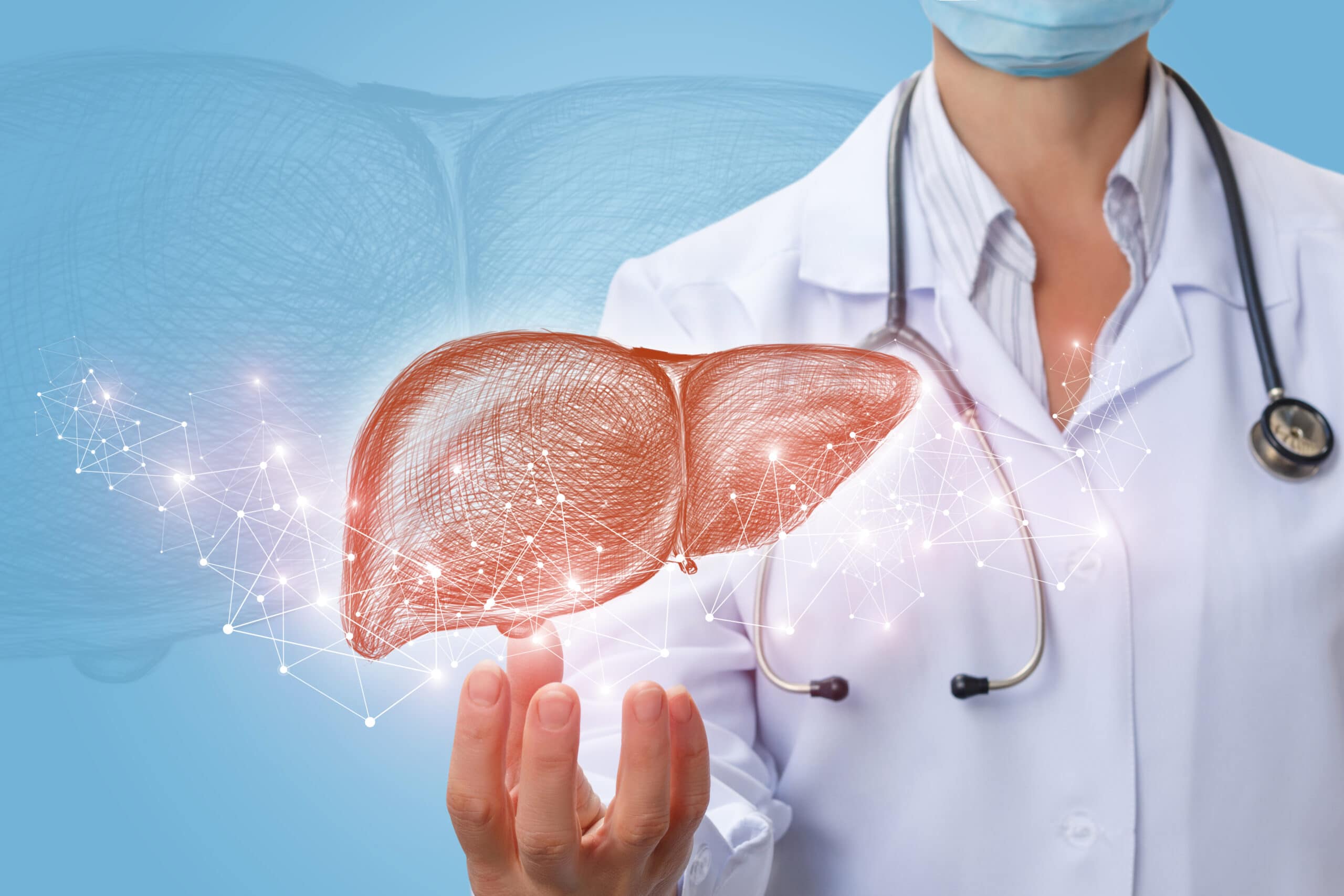There are no products in your cart
Categories
TOP
TOP
- 1. COVID -19 SEJOY rapid antigen test for nasal passages
- 2. Rapid test for COVID-19 antigens
- 3. AteroLip complex N90. Better price!
- 4. 3 PCS of AteroLip complex N90 better price!
- 5. BASICA SPORT, 660 g
- 6. 4 PCS of AteroLip complex N90 better price!
- 7. A+E vitamins Nourishing Ointment 60g BIG PACK
- 8. Sale! 3 PCS of FORCAPIL, effective nutritional supplement for ...
- 9. Orthomol Immun (30 daily doses)
- 10. Orthomol Arthro plus (30 daily doses)
Now Online
Now Online
We have 1058 guests online
Health
Is irritable bowel syndrome curable?

Irritable Bowel Syndrome (IBS) is a chronic digestive system disorder characterized by a variety of symptoms and associated with changes in gastrointestinal tract function, but it does not involve obvious structural or biochemical damage to the organs. Irritable Bowel Syndrome is distinguished by its impact on life quality, as patients often experience symptoms that interfere with daily activities and can cause psychological discomfort. IBS symptoms can vary from abdominal pains, discomfort, bloating, constipation or diarrhea, to general fatigue and even unpleasant sensations in the abdominal area. These symptoms are typically periodic, with active periods and phases of remission.
Gastritis and how to recognize it

Gastritis is a term describing inflammation of the digestive tract's mucous membrane, most commonly localized in the stomach. Gastritis can arise due to various reasons and manifest in different symptoms. The main causes of gastritis include the Helicobacter pylori bacteria, whose infection in the stomach causes an inflammatory reaction, as well as the long-term use of certain drugs, such as nonsteroidal anti-inflammatory drugs (NSAIDs), which can irritate or even damage the stomach lining. Additionally, gastritis can be caused by alcohol consumption, smoking, regular stress, autoimmune diseases where the body's immune system attacks the stomach lining, or the impact of certain chemicals, such as acids or alkalis.
What is the difference between gout and other forms of arthritis?

Gout is a chronic inflammatory form of arthritis caused by elevated levels of uric acid in the blood, known as hyperuricemia. Gout is a metabolic disorder where the body accumulates too much uric acid, and its crystals deposit in joints and other tissues. Uric acid is a breakdown product of purines – organic compounds found in certain food products and body cells. A healthy body eliminates uric acid through the kidneys with urine. However, when the production of uric acid exceeds its removal from the body, or when the kidneys do not efficiently remove uric acid, gout can develop.
How does liver cirrhosis affect overall health?

Liver cirrhosis is a chronic liver disease caused by long-term damage to liver tissue. Liver cirrhosis develops for various reasons, including prolonged alcohol consumption, viral hepatitis B and C infections, autoimmune liver damage, genetic disorders such as hemochromatosis and Wilson's disease, and toxic damage (e.g., caused by medications). The essence of liver cirrhosis is a gradually progressing fibrosis process, in which normal liver tissue is replaced by connective tissue (fibrosis) scars. This disrupts the normal structure and functions of the liver as the liver cells (hepatocytes) die and are replaced by ineffective scar tissue.
Rheumatoid arthritis and its key risk factors

Rheumatoid arthritis (RA) is a chronic autoimmune inflammatory joint disease characterized by joint inflammation and pain, sometimes extending beyond to other tissues of the body. The exact cause of rheumatoid arthritis is still not completely clear, but it is believed to be a disorder of the immune system in which the body starts attacking its own joints, causing inflammation, pain, swelling, and sometimes joint deformity.
More Articles...
Page 8 of 45






